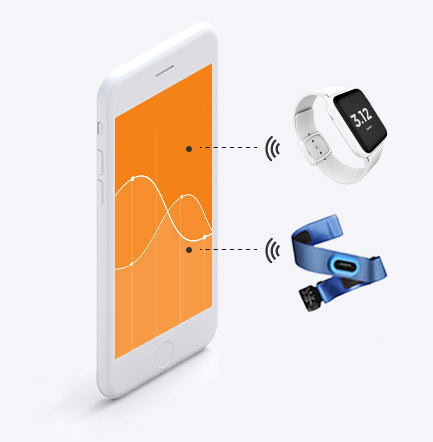Authors
Sustainable development goals
Themes
- health
- active aging
Tools
- wearable devices and tangible interfaces
- smart personalised coaching system
- app
- serious game
- user centred co-design
What does the promoted behavioral change consist of?
The adoption and continuous usage of high-tech ICT solutions depends on how much the user is able to perceive those tools as easy, natural and intuitive to use, on their effectiveness, and on the results achieved; the greater the trust established, the longer they will be used.
NESTORE offers an innovative, multidimensional and personalized coaching system to support healthy aging. The coaching system covers the physical, mental and cognitive, nutritional, and social domains. The goal is multifold: to motivate the elderly to take care of their health (not only during critical events); to suggest a healthy and personalized diet; to propose activities to maintain one’s physical and cognitive level; to promote social interaction with their relatives and friends.
These objectives are achieved in NESTORE by offering the user Pathways of Interest. These are activities, suggestions and services created on the basis of the abilities, skills, and interests of users, collected on the basis of preferences expressed or thanks to smart devices (physical objects, wearable devices, smartphone app, etc.)
The main concept is to develop NESTORE as a friend and “coach” capable of supporting the individual, in his/her various dimensions, from physical to emotional, from cognitive to social.
What are the main features of the tools designed/implemented to promote behavioral change and how have they been tested?
NESTORE is able to establish an emotional communication through the different communication channels, to involve elderly people in personalized activities in one or more domains.
The methodological strengths of the NESTORE approach are: the co-design research adopted during the project; the complete validation system with respect to usability, acceptability and effectiveness; the development of a sustainable ecosystem, which involves citizens and stakeholders for the co-production of well-being.
What results have been achieved? What are the potentials and obstacles?
- the production of about 50 scientific publications and a book,
- a Comprehensive Multidomain Human Model and related ontology made available in Open Access for future studies,
- a set of Coaching Strategies for different domains of the person supported by customizable motivational messages,
- the creation of an ecosystem of international collaborations that led to 120+ participants in the final event.
The covid-19 pandemic impacted the project by reducing the experimental use time of the developed system. During the test, the data collected showed interesting results intended as positive trends of improvement in the state of health of the users. The data have been organized in an Open Access database for further study.
The exploitation of the results is being developed in further research activities by the European partners.
[last update: 22/2/2020]
Research team at PoliMi
Department of Design; Reseach Lab TeDH – Technology and Design for Healthcare – Coordinator Prof. Giuseppe Andreoni
PROJECT
NESTORE – Novel Empowering Solutions and Technologies for Older people to Retain Everyday life activities (2017-2020)
Horizon 2020 research and innovation programme under grant agreement No 769643










